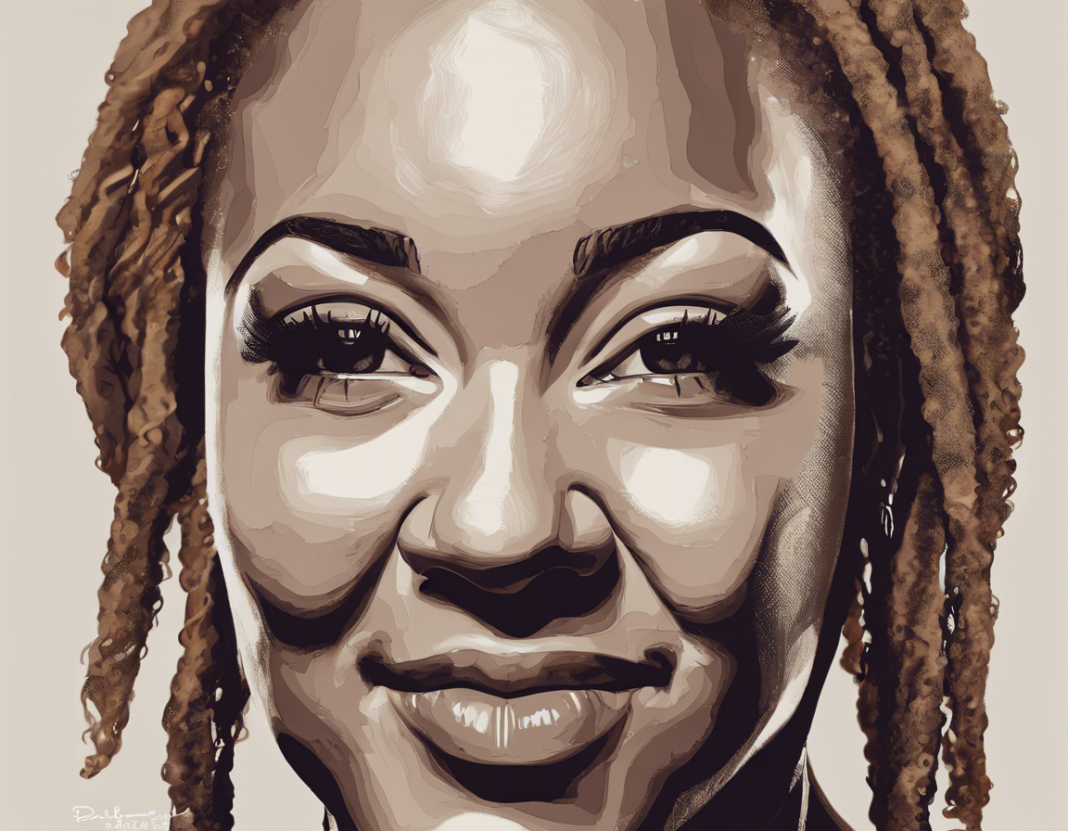The Rachel Dolezal Leak: Controversy Unveiled
In recent years, one of the most discussed and controversial cases concerning racial identity and cultural appropriation is that of Rachel Dolezal, a former civil rights activist and NAACP chapter president. Her story gained widespread attention in 2015 when it was revealed that she, a white woman, had been presenting herself as a black woman for years. This revelation sparked a heated debate on issues of race, identity, privilege, and the complexities of racial fluidity.
Background
Rachel Dolezal was born to white parents in Montana in 1977. She graduated with a degree in African studies from Howard University, a historically black institution, and later became involved in civil rights activism, eventually leading the NAACP chapter in Spokane, Washington. Dolezal presented herself as a mixed-race woman with African American heritage, claiming to have a black father. This narrative was accepted by many until her biological parents came forward, revealing her true racial background.
Public Reaction
The revelation of Dolezal’s true identity sparked a mix of shock, outrage, and confusion. Many criticized her for racial deception and cultural appropriation, accusing her of using her assumed identity for personal gain and advancement in her activism career. Some defended her, arguing that she had become a respected advocate in the black community and that her actions were not malicious.
Racial Fluidity vs. Racial Fraud
The case of Rachel Dolezal raises important questions about the nuances of racial identity. Some argue that race is a social construct and should be seen as fluid and flexible, allowing individuals to identify with the race they feel connected to. Others view Dolezal’s actions as a form of fraud and deception, highlighting the privilege she gained by presenting herself as a black woman in a society where systemic racial disparities exist.
Intersectionality and Privilege
Dolezal’s case also brings attention to the concept of intersectionality, a term coined by legal scholar Kimberlé Crenshaw to describe how various aspects of identity (such as race, gender, and class) intersect and contribute to social inequality. Critics point out that Dolezal, as a white woman, was able to “choose” her racial identity, while black individuals face discrimination based on their skin color that they cannot escape.
Lessons Learned
The Rachel Dolezal controversy serves as a reminder of the complexities and sensitivities surrounding race, identity, and privilege. It prompts conversations about authenticity, accountability, and the importance of understanding and respecting different racial experiences. As society continues to grapple with issues of race and discrimination, the Dolezal case stands as a cautionary tale about the dangers of appropriation and the need for genuine allyship and solidarity in the fight for racial justice.
FAQs about the Rachel Dolezal Controversy
1. How did Rachel Dolezal defend her actions?
Rachel Dolezal maintained that she identifies as black and sees herself as transracial, comparing her experience to that of transgender individuals. She argued that race is a social construct and that she should be able to choose her racial identity.
2. Was Rachel Dolezal the only white person to present themselves as a different race?
While Rachel Dolezal’s case received significant media attention, there have been other instances of individuals falsely claiming racial backgrounds different from their own. However, Dolezal’s high-profile position as an NAACP leader brought her case into the spotlight.
3. Did Rachel Dolezal face any legal consequences for her actions?
Rachel Dolezal’s case did not result in any legal charges against her. The controversy surrounding her led to her resignation from the NAACP and a decline in her public image.
4. How did the black community react to Rachel Dolezal’s actions?
Opinions within the black community were divided. Some saw Dolezal as a fraud and opportunist, while others appreciated her activism and willingness to fight for civil rights. The case highlighted differing perspectives on racial identity and solidarity.
5. Has Rachel Dolezal continued her activism work after the controversy?
Rachel Dolezal has remained active in social justice causes since the controversy, though her public platform has diminished. She continues to speak on issues of race, identity, and discrimination.
In conclusion, the Rachel Dolezal controversy remains a complex and controversial case that challenges societal norms and beliefs about race, identity, and privilege. It serves as a reminder of the ongoing struggles for racial equality and the importance of understanding and respecting diverse experiences and perspectives. The conversations sparked by Dolezal’s actions continue to shape discussions on race and representation in today’s world.
